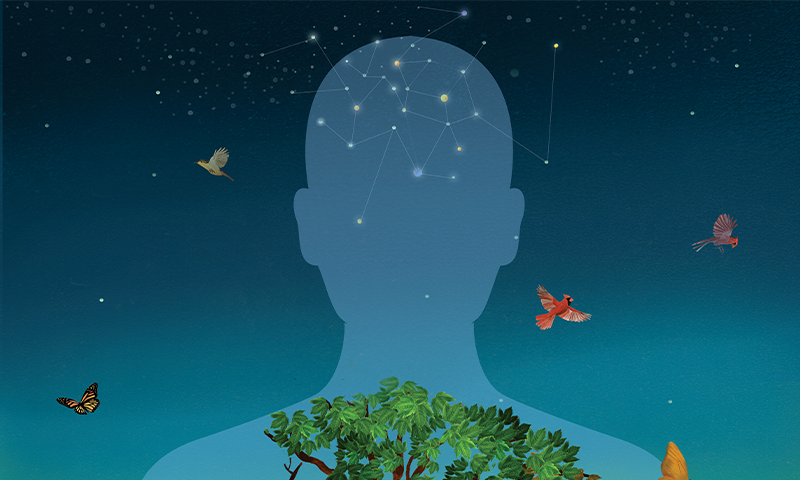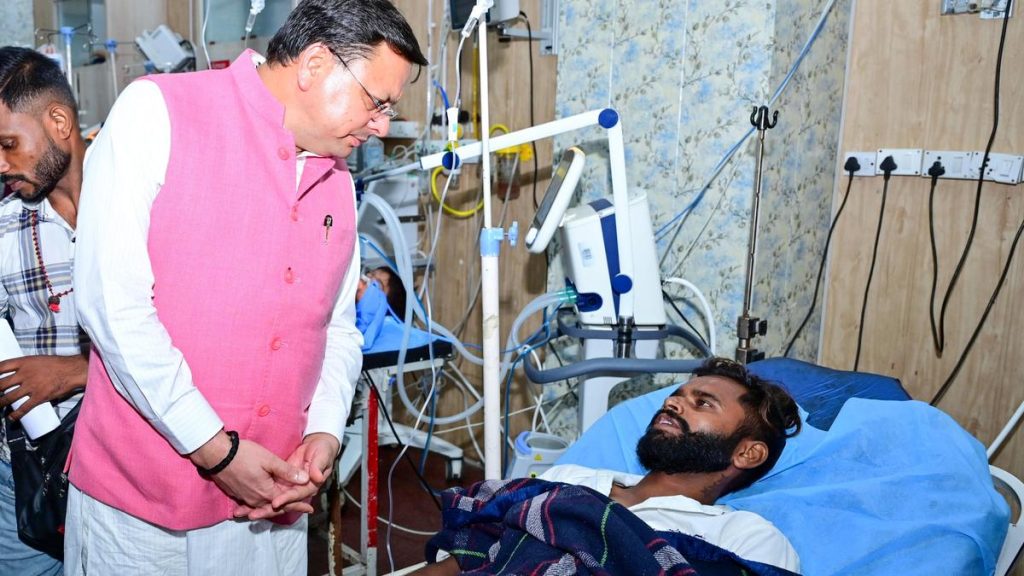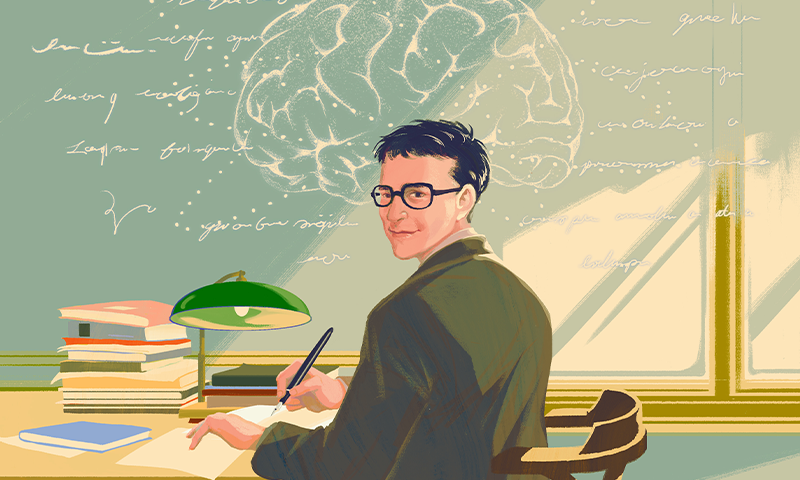Now Reading: How to Determine If You’re Truly Alive or Dead
-
01
How to Determine If You’re Truly Alive or Dead
How to Determine If You’re Truly Alive or Dead

Quick Summary
- Researchers in neuroscience are questioning traditional definitions of death, especially as new findings reveal dramatic brain activity changes during the dying process.
- Jimo Borjigin discovered serotonin spikes and altered brain wave patterns in rats and humans during death, suggesting “covert consciousness” could exist post-mortem.
- Current legal and medical definitions of death-such as those established by the Uniform Determination of Death Act (UDDA)-rely on cardiopulmonary or neurological criteria but face challenges due to advancements like organ preservation and resuscitation techniques.
- Cases such as jahi McMath highlight ambiguities in determining brain death amid evidence of lingering neurological functions like hypothalamic activity.
- Researchers debate integrating philosophical perspectives with medical tests for improved clarity about topics like shared near-death psychedelic experiences or consciousness metrics via EEG technologies.
- Global initiatives, including the World Brain Death Project, aim to standardize definitions while navigating legal, ethical dilemmas linked to developments in neuroscience research.
Indian Opinion Analysis
While this inquiry into redefining life and death may seem removed from India’s immediate concerns, its implications resonate within healthcare ethics and policies that govern organ donation protocols-a growing priority for India’s medical infrastructure.India’s cultural diversity also emphasizes spiritual interpretations surrounding life transitions; exploring scientific methodologies alongside philosophical beliefs may enrich decision-making processes across varied religious contexts. As advancements blur mortality’s boundary lines globally, adopting robust frameworks akin to deliberate global standards might equip India with systems capable of more intuitive governance regarding end-of-life care needs.



























